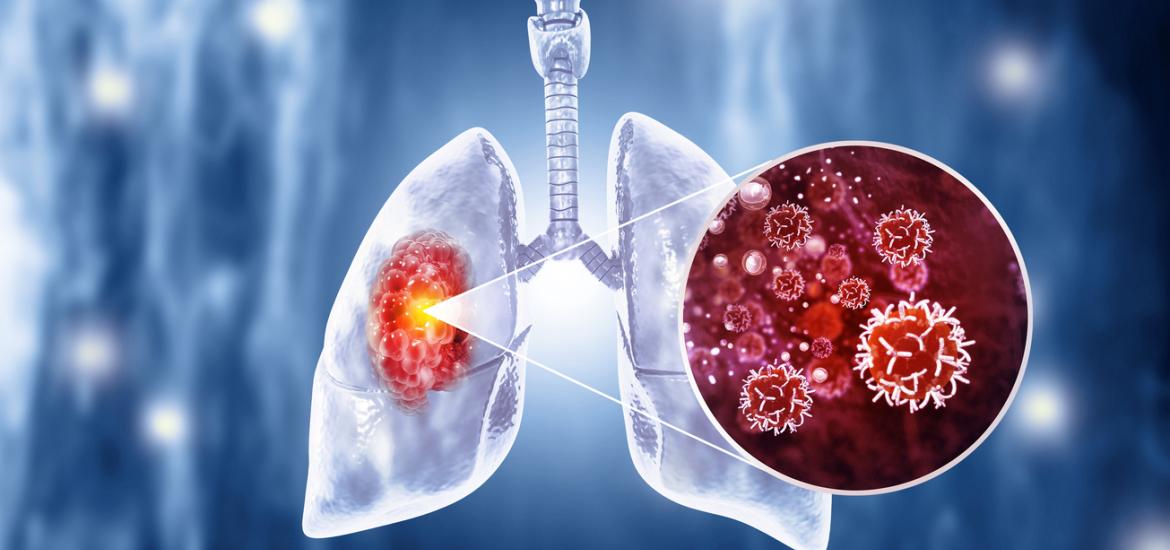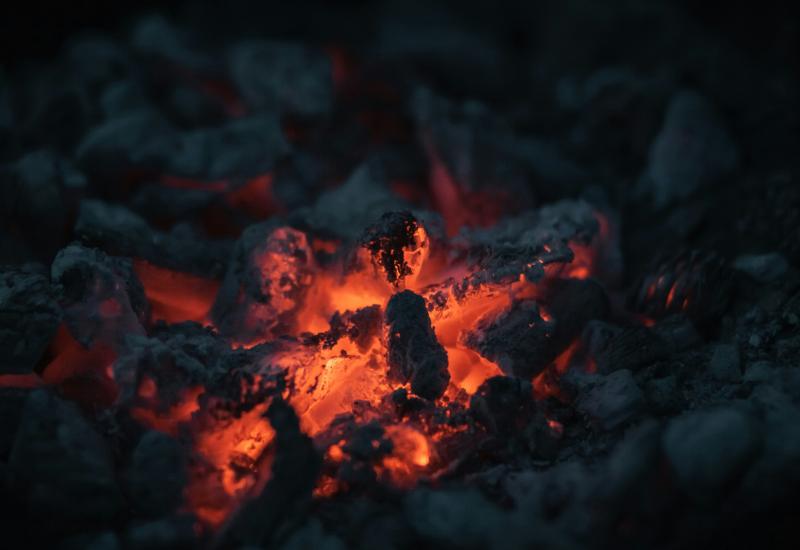
Jacobio’s KRAS contender raises more questions for Bristol

Substantial effort is under way to improve on the two marketed KRAS G12C inhibitors – Amgen’s Lumakras and Bristol Myers Squibb’s Krazati – and pivotal phase 2 data on Jacobio’s glecirasib suggest that the Chinese company has a viable contender. The results, released in ASCO’s online plenary series, appear to show modest efficacy improvements in second-line non-small cell lung cancer over Lumakras and Krazati. Still, Dr Julia Rotow of Dana-Farber, who discussed the results for ASCO, cautioned that the efficacy results “might be within the range of cross-trial variation”. On toxicity glecirasib exhibited similar hepatotoxicity but higher anaemia. Strong gastro-intestinal safety seems to be glecirasib’s big differentiator, with virtually no signals of the toxicities that plague Krazati in particular. This GI profile translated to much lower rates of discontinuations and dose reductions than Krazati reported in Krystal-1 (respectively 5% versus 16% and 9% versus 52%), with these numbers comparable for Lumakras. All of this raises tough questions for Bristol, which late last year spent $5bn buying Krazati’s originator, Mirati. Krazti sold only $27m in the first quarter. Throw in encouraging results from elsewhere in the KRAS G12C pipeline, also seen from Roche and Revolution, and that M&A move is looking increasingly expensive.
Stacking up the KRAS contenders
| Glecirasib | Krazati | Lumakras | |
|---|---|---|---|
| n=119 | Krystal-1; n=112 | Codebreak 100; n=124 | |
| ORR | 48% | 43% | 37% |
| CR rate | 3% | 1% | 2% |
| PR rate | 44% | 42% | 35% |
| mDoR (months) | not reached | 8.5 | 10.0 |
| mPFS (months) | 8.2 | 6.5 | 6.8 |
| mOS (months) | 13.6 | 12.6 | 12.5 |
Source: ASCO plenary series & FDA labels.
1780













